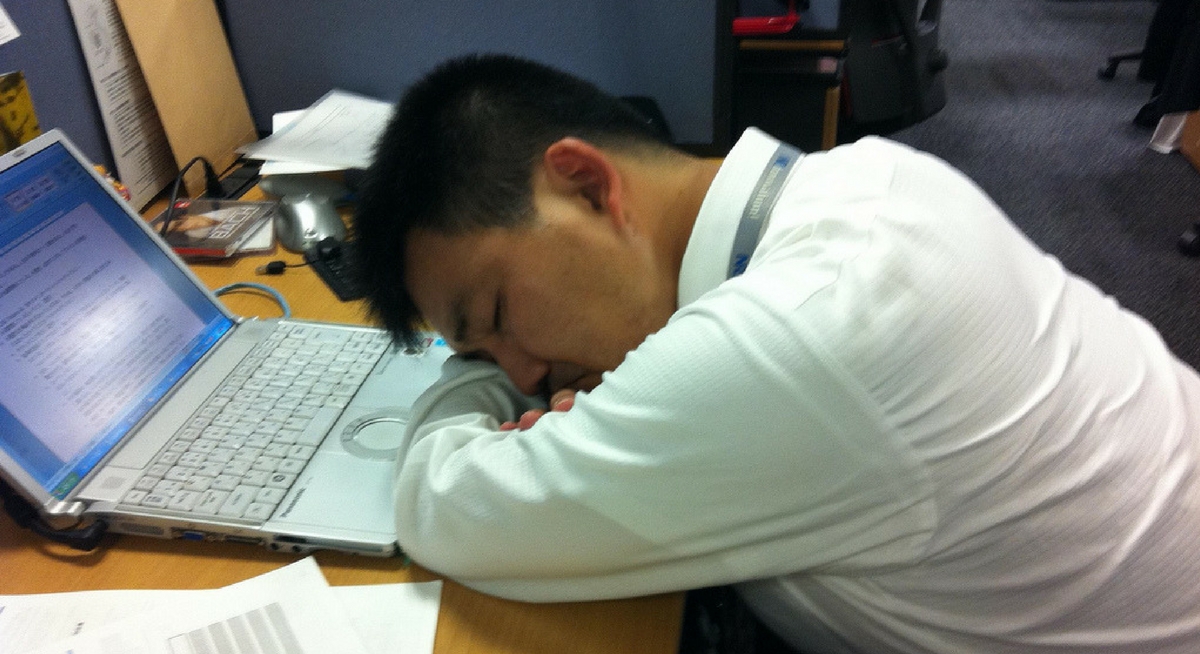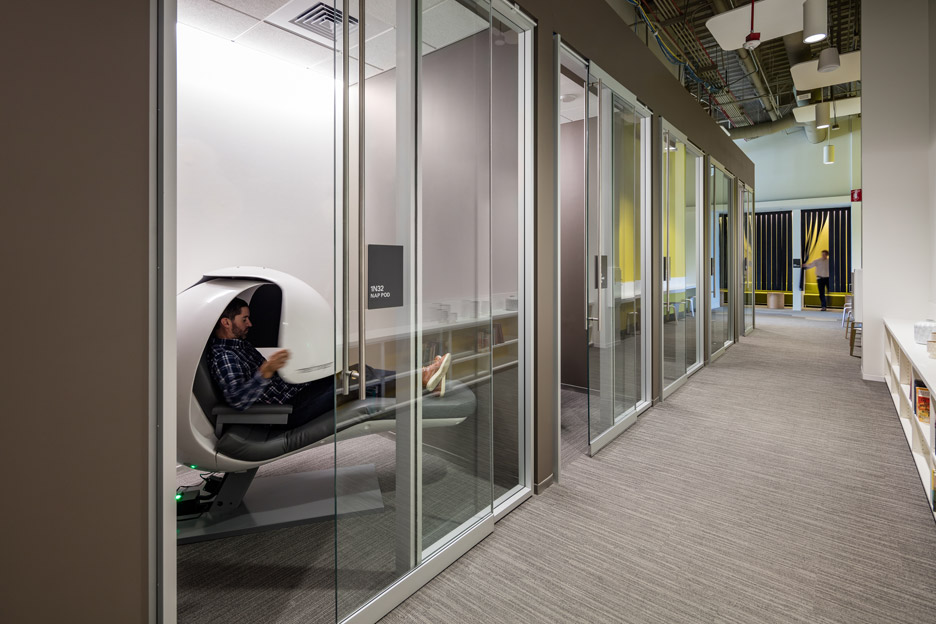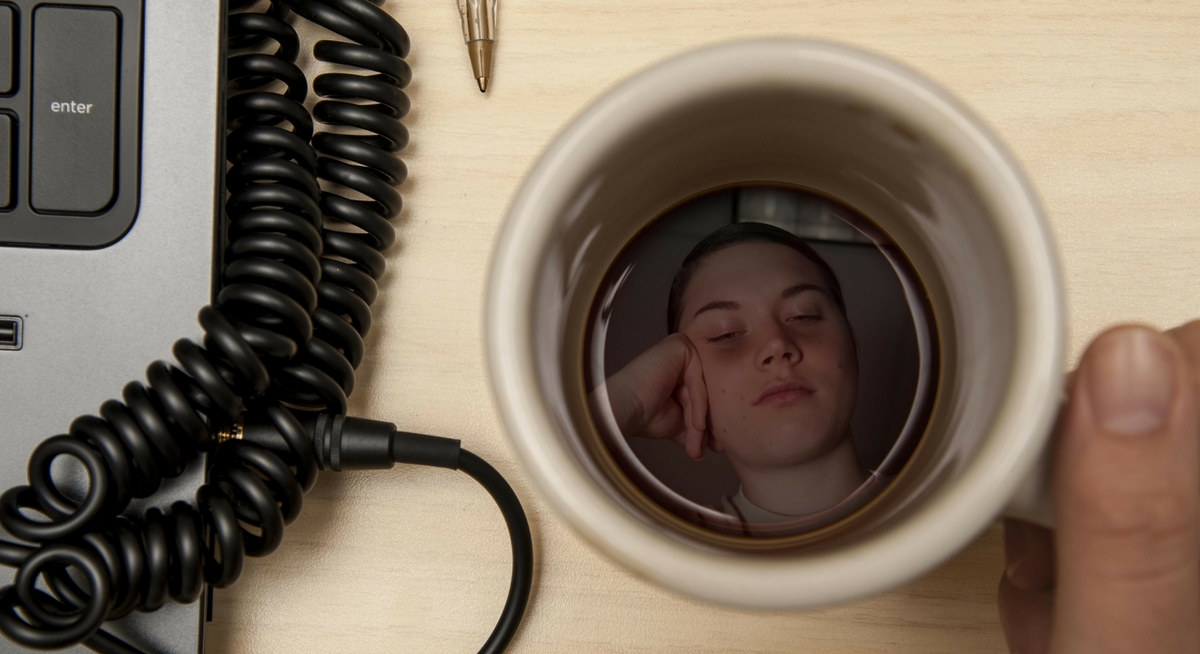Cover photo by Sandra Salinas
How many hours of sleep did you get last night? Sleeping is a basic human need and it’s well known that on average, adults need 7 to 8 hours of sleep per day. Thanks to our current stressful lifestyle, getting enough rest isn’t always possible and sleep deprivation can lead to serious health problems.

Being tired at the office is very common and it can be related to a decrease in productivity levels;
this is probably why coffee is always available in most companies, but if this is not enough, what else can be done to recover energy? Taking a nap could be an option.
Power naps entail sleeping for 15 to 20 minutes, which is considered enough time to recharge without entering a deeper state of sleep. Coffee naps are when people drink coffee prior to taking a short nap, which gives you a double boost of energy when you wake up.

All this sounds promising but the truth is not everyone can nap at the office. In fact, most “traditional” companies frown upon employees napping during work hours, and those who do can be classified as lazy. It is quite different in certain parts of Asia, like China or Vietnam, where napping is not only accepted but encouraged among society members. In Japan, the practice is called inemuri and it consists in dozing off in public places, including at school or the office, and it is considered a sign of having worked hard.

Here in the west, with the growth of the millennial population in the workforce, the attitude towards napping on the job is slowly changing, especially in tech companies and startups. In Silicon Valley and other areas in the United States, companies such as Samsung, Facebook and Google have specific areas where their employees can take a break or a short nap before returning to work.
 Photo by Tim Griffith - Samsung Headquarters, Silicon Valley
Photo by Tim Griffith - Samsung Headquarters, Silicon Valley

